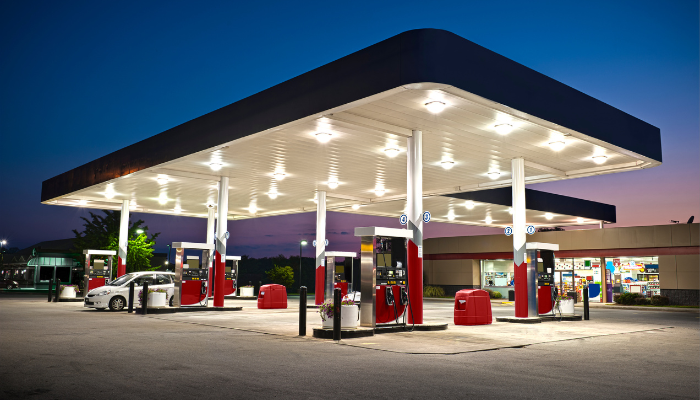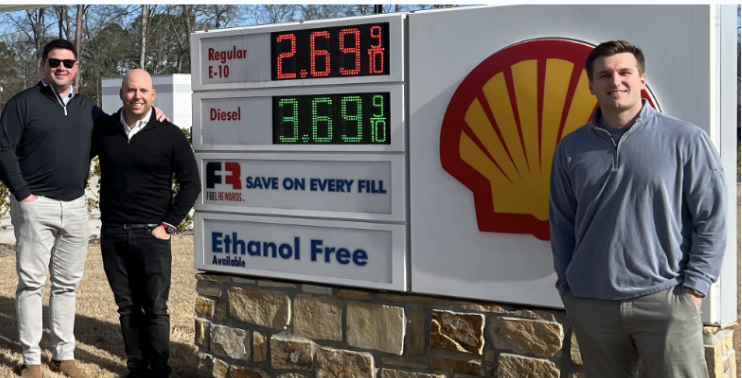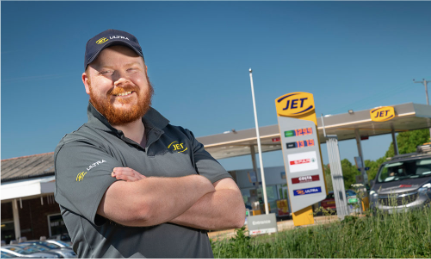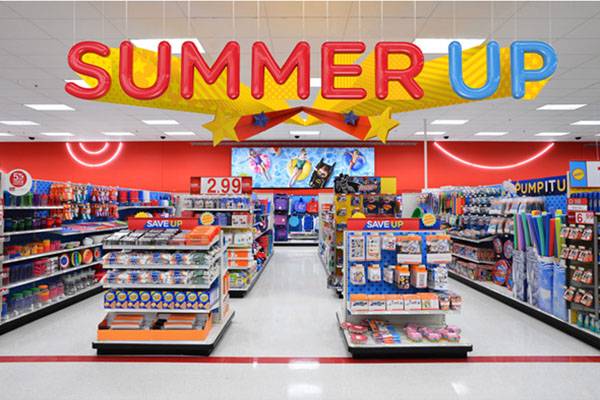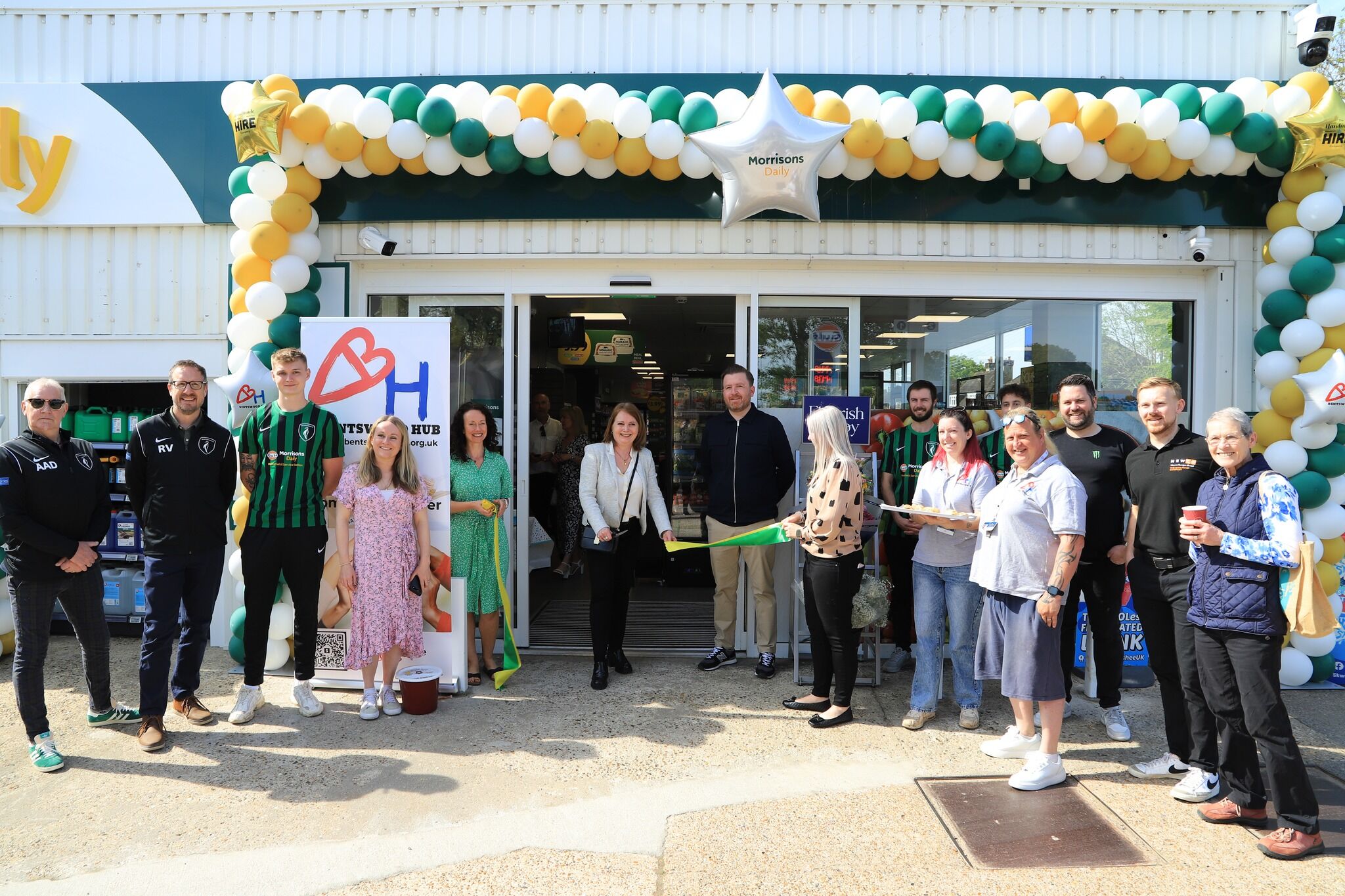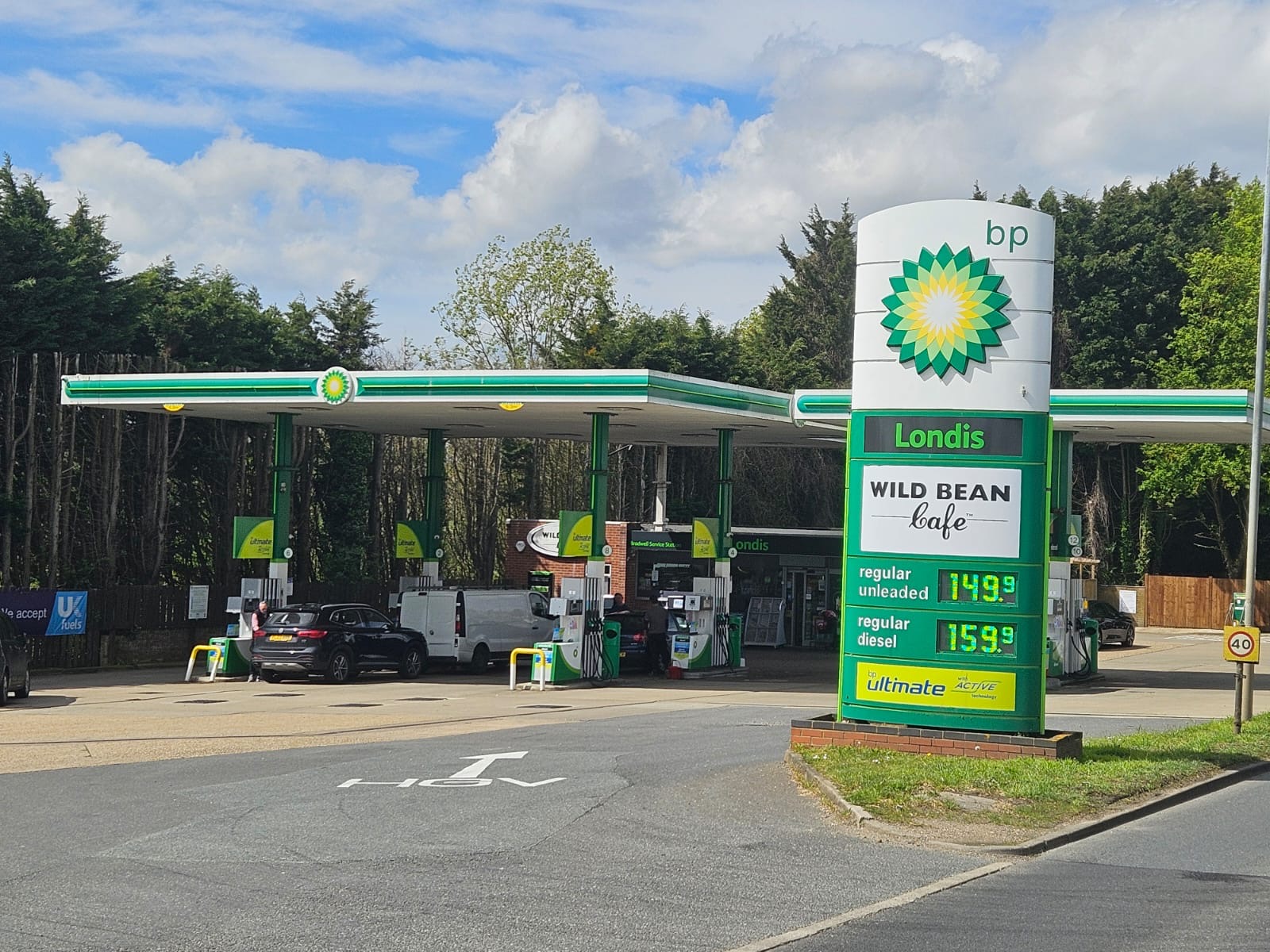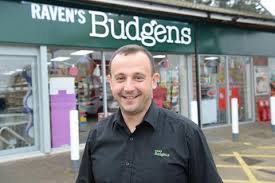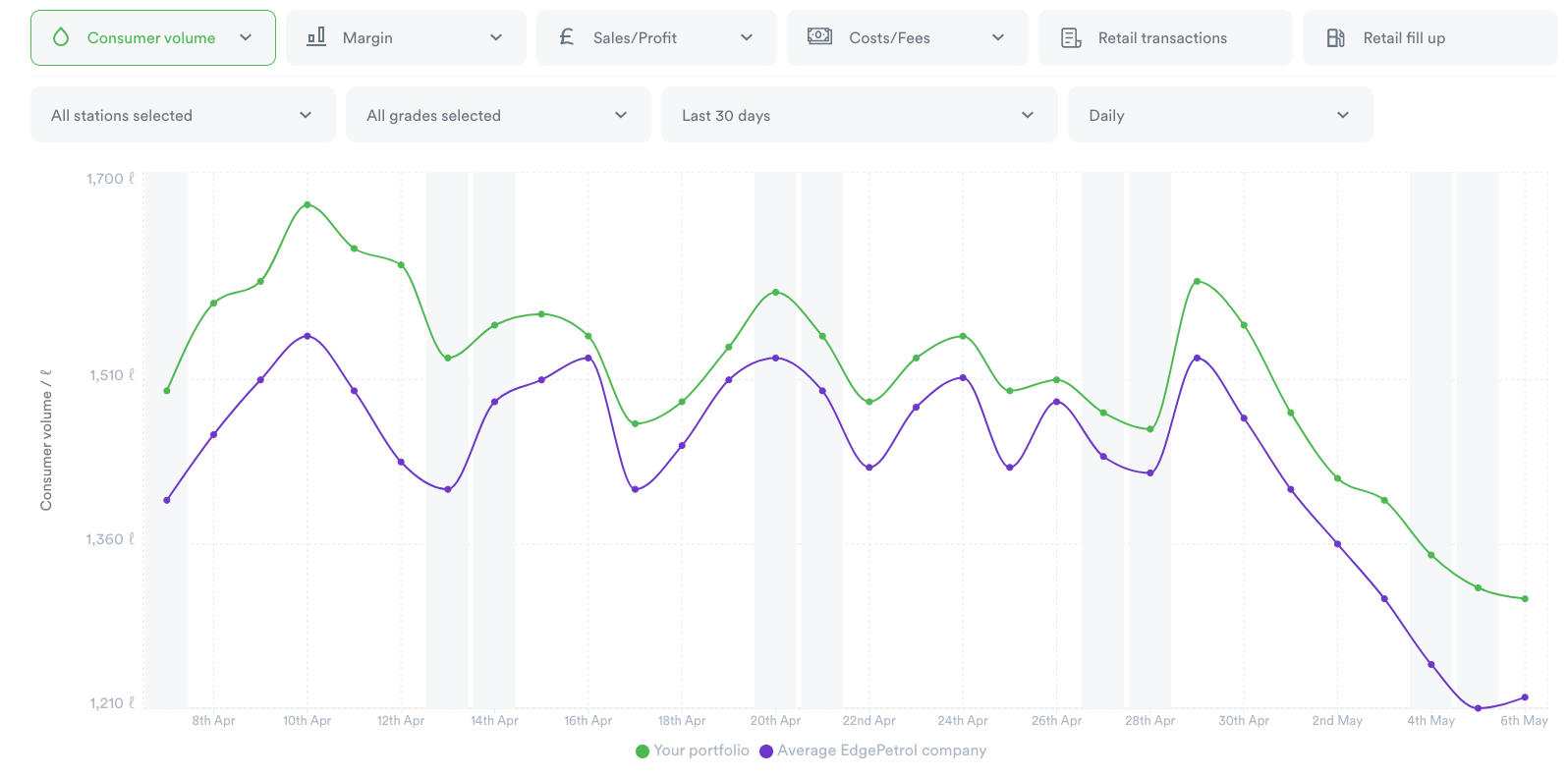Although fluctuations have always been a normal part of the fuel industry, unprecedented challenges in 2020 underscored the industry’s vulnerabilities. According to Deloitte’s fuel industry outlook, global oil demand fell by 25% last year, and today—despite vaccines and rebounding economies—is still below pre-pandemic levels.
To thrive in unpredictable times, retailers must stay on top of the rapid changes happening. For the foreseeable future, here are trends and issues that retailers should take note of:
Digitalisation may create a skills gap
Along with every other sector, the fuel industry had to adopt digital practises. However, most digital technology products in the UK are built for large enterprises thereby proving difficult and costly for SMEs. In line with this, what may prove a bigger problem for retailers is a rapidly growing skills gap among employees. In a 2020 report, Linchpin noted that the fast pace of digital adoption has not allowed for employee upskilling. This leaves many businesses with teams unable to navigate new tech-based processes. In this scenario, businesses can expect lower revenue, slower processing time, increased human error, and extra spending on hiring and training.
Thus, instead of playing catch up, retailers should familiarise themselves and their teams with digital systems early. In order to maximise the advantages of digitalisation, every team member must be well versed to address any lapses or needs. Studies have shown that teams are even more likely to embrace digital systems when they see their bosses leading the charge.
Climate change initiatives will reshape demand
Even prior to the pandemic, the fuel industry was already feeling the pressure coming from climate change concerns. Just this March, Bloomberg shares that the UK’s oil production has hit the lowest numbers since 2004 largely due to lack of investment.
Various government bodies are also doubling down on climate change initiatives that are setting new restrictions and compliance standards. For instance, under President Joe Biden, the United States is now in the process of aggressively transitioning away from fossil fuels. In FXCM’s report on Biden’s green energy initiatives, it’s explained that a big part of the POTUS’ “Green New Deal” is to rally clean energy shifts locally—and internationally as the U.S. rejoins the Paris Climate Accords, which the UK is also part of. In fact, this September all UK filling stations will be mandated to switch from E5 to the “greener” E10 petrol. This comes ahead of the 2030 plan to have all Brits using electric vehicles.
However, in such a landscape, small retailers have the advantage of location. In most instances, filling stations (especially in rural areas) are strategically located to reach the most customers. This not only gives you the grassroots advantage of knowing what your customers want, but it also means the government cannot afford to overlook you. For example, the £950 million ‘Project Rapid’ scheme was created by the government to help motorway stations cover costs for electrification. Likewise, 11 retailers in Wales are currently receiving aid to install rapid charging stations, with more plans in the works.
Younger market have new product expectations
Last but not the least, you must consider the sentiments of the younger generation. Millennials and Generation Z are showing support for clean energy, convenience, and digitalisation. Bearing in mind that these two demographics wield over £260billion in spending power, it is wise to keep their preferences in mind.
Recent reports show that millennials and Gen-Z not only prefer but expect clean energy sources. As we get closer to the 2030 ban on new petrol and diesel cars, one in four Brit households say they plan to invest in an electric vehicle (EV) in the next five years even if it’s pricier.
However, these numbers are only really worrisome for retailers too stubborn to explore expansion. In Mark Truman’s breakdown of the 2030 petrol ban, he says fuel stations can actually benefit from accommodating EVs and increasing your convenience services. For many retailers, enhancing your forecourt offerings would be a good start. Case in point, fuel retail experts from Global Convenience Store Focus recently shared that petrol forecourts with more offerings like firewood, groceries, coffee, and tobacco fared far better. In fact, the average customer transaction value went up 20%.
Whether you’re ready or not, a future where fuel is outdated is coming. How well you understand, respond, and pivot accordingly can determine whether your fuel business rises or falls.

